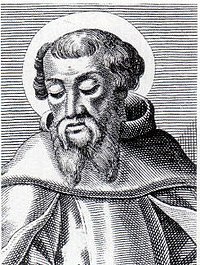
Gnostic Gospels

Believed to have been written between AD 200 and 400, the Gnostic Gospels focus on the sayings and teachings of Jesus. Their are numerous writings that are sometimes included in the list of Gnostic Gospels, but the most prominent include:
Gospel of Peter (recovered in 1886 in Egypt, in the grave of a monk who had died in the 700's AD, he was reportedly still clutching the gospel in his hands.)
Gospel of Mary (recovered in 1896)
Gospel of Thomas versions were found in Oxyrhynchus, Egypt in 1898, and again in the Nag Hammadi Library, some scholars think it is older than the canonized gospels. It includes sayings of Jesus but no narrative.
(113) His disciples said to him, "When will the kingdom come?" Jesus said, "It will not come by waiting for it. It will not be a matter of saying 'here it is' or 'there it is.' Rather, the kingdom of the father is spread out upon the earth, and men do not see it."
(114) Simon Peter said to him, "Let Mary leave us, for women are not worthy of life." Jesus said, "I myself shall lead her in order to make her male, so that she too may become a living spirit resembling you males. For every woman who will make herself male will enter the kingdom of heaven."
Gospel of Truth (discovered in 1945 as part of the Nag Hammadi Library)
Gospel of Philip (Nag Hammadi Library)
Gospel of Judas (recovered via the antiquities black market in 1983, and then reconstructed in 2006)
Gospel of Mary (Apparently discovered in the late 1800s near Akhmim in upper Egypt then it was purchased by a German scholar, Dr. Carl Reinhart, in Cairo and taken to Berlin and is now part of the Berlin Gnostic Godex.
The Gnostic Gospels are not included in the Biblical canon of the major Christian churches and are instead part of what is known as the New Testament apocrypha.
In 325 AD, the emperor Constantine in conjunction with the bishops at the council of Nicea accepted the Gospels of; Matthew, Mark, Luke and John as the only true gospels. In 382 AD the emperor Theodosius banned all gospels that had not been canonized. Christians were not permitted to read them and they were allegedly gathered up and destroyed as much as possible.
In 180 AD Bishop Irenaeus of Lugdunum (now called Lyon, France) published Adversus Haereses which means "Against Heresies." In it he listed various books that he considered heretical including the gospel of Thomas. Irenaeus later was made a saint by the eastern orthodox church.

Contact the AdMinister globltrade@aol.com